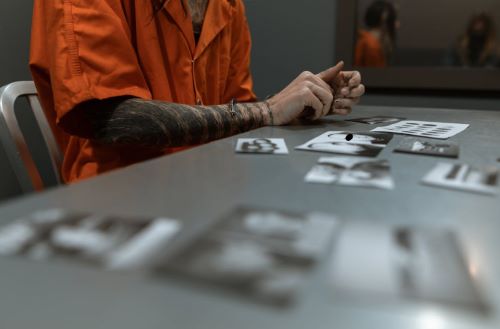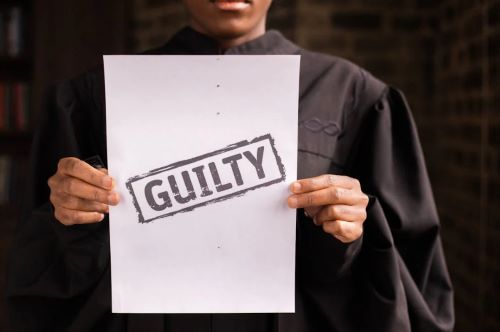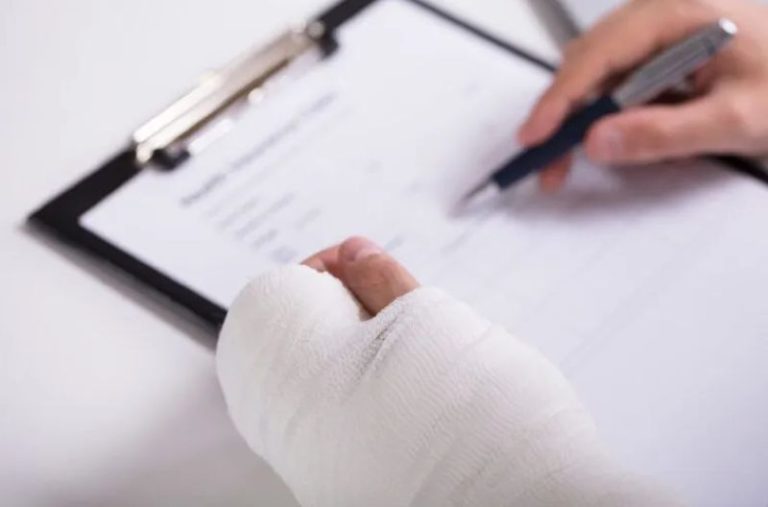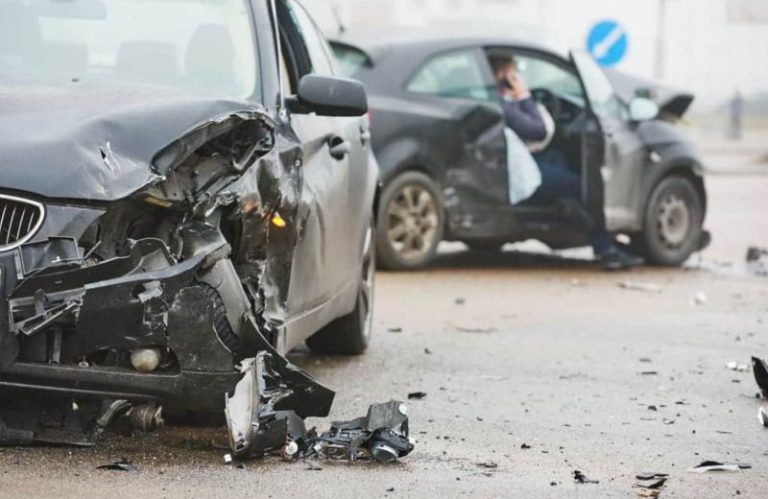

For something so foundational to the justice system, “innocent until proven guilty” has a surprisingly fragile presence in courtrooms. On paper, the burden lies squarely with the prosecution. In practice? The scales aren’t always as balanced as they should be.
Jurors bring their own assumptions. Judges can subtly favor efficiency over fairness. And media attention has a way of turning trials into public referendums long before any evidence is heard. In this kind of environment, the defense attorney’s job is more than just arguing facts—it’s about fighting against a tide of preconceptions and pressure. Firms like chabrowe.com, known for taking on tough, high-profile cases, understand this all too well. Because when the burden of proof slips even slightly, the consequences can be life-altering.
Let’s break down why the presumption of innocence is so hard to preserve—and what defense lawyers are really up against.
Everyone Says It, Few Understand It
Ask a juror if a defendant is innocent until proven guilty, and they’ll probably nod. Ask them if they think most people on trial are actually guilty, and the answer might change. That’s the tension criminal defense lawyers face every time they enter a courtroom.
It’s not that jurors are malicious. It’s just human nature. People assume police don’t arrest the wrong person. That prosecutors only charge when they’re confident. That smoke means fire. So when the defense begins, they’re not starting from neutral. They’re starting from behind.
Even judges sometimes show signs of this bias. Subtle cues in body language, rushed rulings on objections, or impatience during cross-examinations can tilt perception. And once a juror starts leaning, it’s tough to bring them back.
Media Coverage and the Court of Public Opinion
In high-profile cases, the presumption of innocence isn’t just undermined—it’s practically reversed. News cycles thrive on suspects, not nuance. Mugshots hit the headlines before any formal charges are filed. Social media adds fuel, turning speculation into viral “truth.”
When a trial begins, jurors may already have opinions formed by press releases, police statements, or clickbait headlines. Even if they try to be objective, that early exposure does something dangerous: it makes the prosecution’s story feel familiar, and the defense’s case feel like spin.
In extreme situations, defense lawyers must petition to move trials out of jurisdiction, delay proceedings, or impose strict media gags. But none of those options are foolproof. The internet doesn’t care about borders, and memories are stubborn.
Jury Instructions Aren’t Enough
Judges usually remind jurors about the burden of proof right before deliberation. “The defendant doesn’t have to prove anything,” they’ll say. “The prosecution must prove guilt beyond a reasonable doubt.” That’s a start—but it often comes too late.
By the time jury instructions are given, the damage might already be done. If the defense didn’t manage to neutralize bias during voir dire (jury selection), or shake assumptions during the trial itself, those closing remarks can fall on deaf ears.
That’s why seasoned defense attorneys front-load their strategy. They don’t wait until closing to reassert the burden of proof. They highlight it early and often—during cross-examinations, witness challenges, and even in their tone. It’s not just about making legal arguments. It’s about constantly reminding the jury that doubt isn’t a weakness—it’s a requirement.
The Psychology of “Beyond a Reasonable Doubt”
Here’s the catch: “beyond a reasonable doubt” isn’t a concrete standard. It’s not defined by percentages. It’s not measured by charts. It lives in jurors’ heads—subjective and slippery.
Some jurors interpret it as 95% certainty. Others need near-perfection. Some even compare it to decisions they’d make in their personal lives—like trusting a babysitter or choosing a medical treatment. That analogy isn’t just flawed, it’s dangerous. Because legal doubt isn’t the same as everyday caution. And justice can’t afford to be based on gut feelings.
Defense lawyers know this. That’s why many use relatable metaphors in court: “This isn’t guesswork,” or “You don’t convict someone based on hunches.” The goal is to bring “reasonable doubt” down from abstraction and make it feel real—something jurors can hold in their hands instead of floating in their heads.
When the Accused Takes the Stand
One of the most gut-wrenching decisions in a trial is whether to let the defendant testify. On one hand, staying silent is a constitutional right—and a way to avoid cross-examination traps. On the other, jurors may expect the accused to “defend themselves,” even when the law says they don’t have to.
It’s a no-win situation.
If a defendant doesn’t testify, jurors might wonder what they’re hiding. If they do testify, they risk unraveling under pressure or getting tripped up on minor details. Either way, the presumption of innocence takes another hit. It’s supposed to be the prosecution’s job to prove guilt—not the defendant’s job to prove innocence. But try explaining that to a jury who thinks silence equals guilt.
The Burden Shifts Subtly in Certain Cases
Technically, the burden of proof never leaves the prosecution. But in practice, it sometimes shifts—especially in cases involving:
- Self-defense claims: Defendants must often show they had a reasonable belief of imminent harm.
- Insanity defenses: The burden can fall on the defense to prove mental incapacity.
- White-collar crimes: Complex financial cases may pressure the defense to untangle the numbers and show what didn’t happen.
In these situations, even without legal obligation, defense attorneys know that juries expect them to tell a full story—not just poke holes in the prosecution’s. And that expectation can quietly flip the burden.
High Stakes, Low Margins for Error
When a prosecutor makes a mistake, it’s often brushed off as part of the process. When a defense lawyer slips—even slightly—it can cost someone their freedom.
Think about what defense teams are working against:
- Eyewitnesses who misremember.
- Forensic experts whose methods sound more precise than they are.
- Police reports that assume guilt from the start.
- Prosecutorial narratives crafted like screenplays, full of motive and drama.
To counter all of that, the defense must be near-perfect. They must anticipate every twist, challenge every assumption, and prepare the client for a system that is rarely neutral.
The Real Role of a Criminal Defense Lawyer
Forget TV lawyers who win with flashy speeches or surprise evidence. In real life, criminal defense is about endurance, preparation, and precision. It’s about making sure that when the state comes after someone’s liberty, they do it by the book—every step of the way.
Defense attorneys are the last line of defense against lazy assumptions, unchecked power, and public pressure. They’re not just protecting their client—they’re holding the system accountable.
So What Can Be Done?
If the burden of proof is so often misunderstood or misplaced, what can we do about it? A few ideas:
- Better juror education: Clearer instructions with real-world examples, not legal jargon.
- Judicial oversight: More active efforts by judges to ensure fair treatment during trial, especially in media-heavy cases.
- Defense-friendly reforms: Stronger protections against pretrial bias, like eliminating mugshot releases or limiting public access to certain arrest records.
But most of all, it comes down to defense attorneys doing what they do best: holding the line. Reminding the court, the jury, and the public that justice isn’t about winning. It’s about proof. And without proof, there’s no conviction—no matter how strong the suspicion.

Final Thought
“Presumed innocent” should be more than a formality. It should be a shield. But shields need people to hold them—and that’s exactly what skilled criminal defense lawyers do. They stand between assumption and accusation. They remind us that the burden of proof isn’t just a legal phrase—it’s a safeguard for everyone, guilty or not.
Because once we start treating defendants like they’re presumed guilty, the justice system stops being just.


